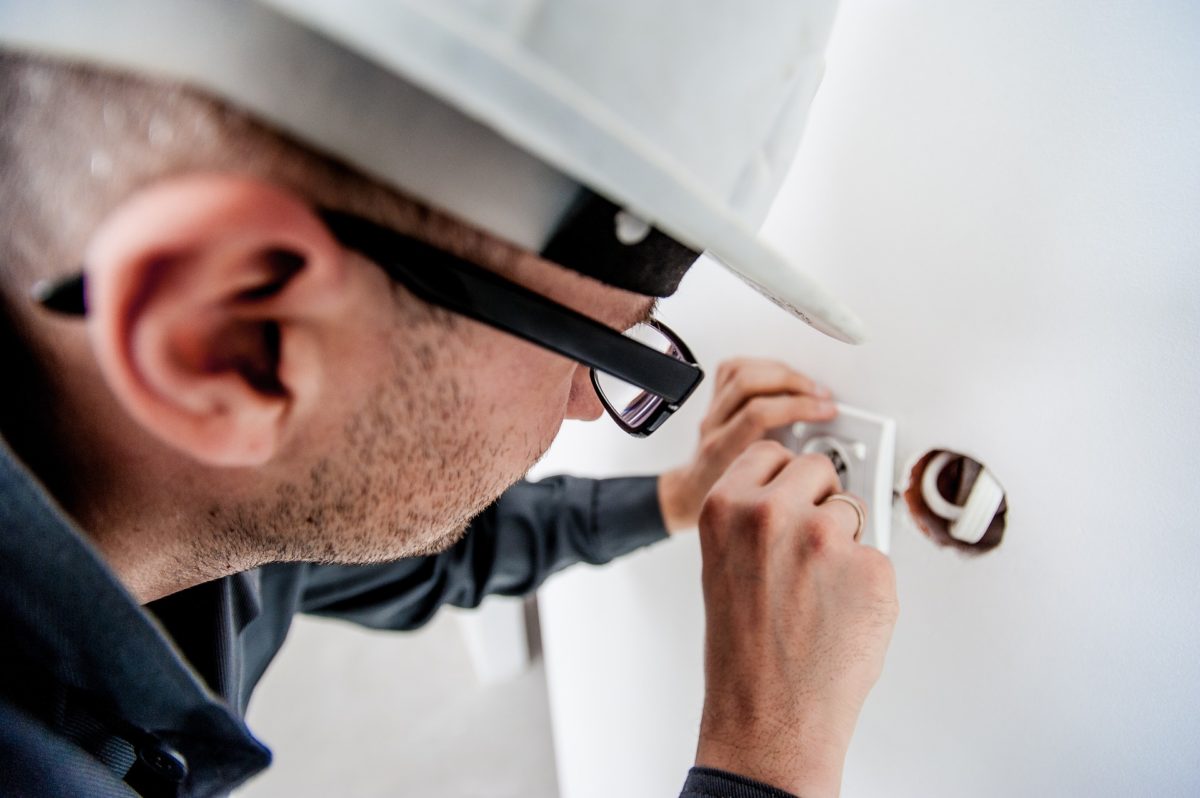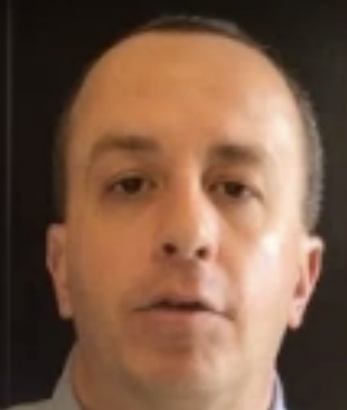
What Expenses to Expect when Owning a Rental Property
Buying and holding turnkey investment properties is a great way to build an investment portfolio. Unlike stocks and bonds, a good rental property will increase your income AND your net worth. Once you have selected a type of property and a market with demographic trends that lead to appreciation, you need to know how to calculate cash flow to make sure the investment property will perform to your standards.
Fixed Expenses / Hard Costs
Fixed expenses are costs that must be paid on a monthly or annual basis. These are usually straight-forward and easy to account for.
Debt Service: If you leverage other people's money to buy the property, your lender will expect the mortgage to be paid on a monthly basis. This principal and interest payment is often the largest monthly expenditure, but it is also one of the easiest to determine ahead of time. You can use a spreadsheet or mortgage calculator to manipulate terms such as rate or years and see how your payment would change.
Insurance: Landlord policies provide liability protection as well as coverage for your investment home. Most companies also offer a Loss of Rents rider that will ensure the property continues to produce income in case of a fire or other extreme situation.
Taxes: Property taxes vary significantly from area to area. For instance, some areas have rates in the 4-6% range while in Louisville, the tax rate is just above 1%. Make sure to get a good number from your turnkey provider when putting together your proforma.
Property Management: One of the best values in turn key real estate investing is a great property management company. They will find and screen your tenants, prepare leases, collect rents, handle 2:00 am maintenance calls and so much more to make sure your property is earning you as much as possible. Typical fees are 10-12% of monthly income.
HOA Fees: This is not typical for most turnkey investment properties, but would be a fixed cost if it applied to a house you are considering. Monthly fees can range from as little as $20 per month to several hundred. Make sure to ask if any HOA fees apply before signing your purchase contract.

Variable / Soft Costs
If the property won't cash flow at least a couple hundred dollars per month after hard costs, you may be looking at a bad deal. There are variable costs that must be accounted for as well. These won't occur consistently, but sooner or later you will experience each and you should have a reserve fund to deal with it.
Turnover Costs: High turnover rates can be devastating to your portfolio. In fact, this is the most important variable cost you need to understand. Some property management companies charge a full month rent for completing a turnover. If you have a bad management company or a home with deferred maintenance, you might have a turnover every year. On the other hand, better homes attract better tenants. To reduce turnovers, we don't accept anything less than a two-year lease.
Vacancy Allowance: By definition, if you have a high turnover rate, you are going to have a high vacancy rate. This isn't a cost as much as it is a loss of income.
Together, you should budget 4%-10% of your monthly income for turnover and vacancy reserves. The better the property and the better the management company, the safer it is to budget less.

Repairs & Maintenance: Everyone who has ever lived in a home knows things inevitably break. In addition, it is good financial practice to conduct periodic preventative maintenance checks. An allocation of 5-7% should cover a well-maintained home. If your investment property has low-quality materials and deferred maintenance, you will be looking at 8-12% though.
Capital Improvements: Unlike some of the other variable expenses, these can usually be planned and in many cases will generate a positive return on investment. For example, replacing the dated kitchen cabinets once the current tenant moves out may lead to increased rent for the new tenants.
Utilities: Like HOA fees, these are not common in single family turnkey investment properties. For multi-family (especially units that were converted from single-family), you should take time to find out who is responsible for all utilities. If you are responsible for the water bill, you need to have a reserve that will cover not only the regular bills, but also the ones where the tenant left the sprinkler on all night.
As a general rule, once these fixed and variable expenses are accounted for in your Proforma, you should be break-even or better on a mortgaged property. If not, you will want to really understand how this particular deal is meeting your goals.

